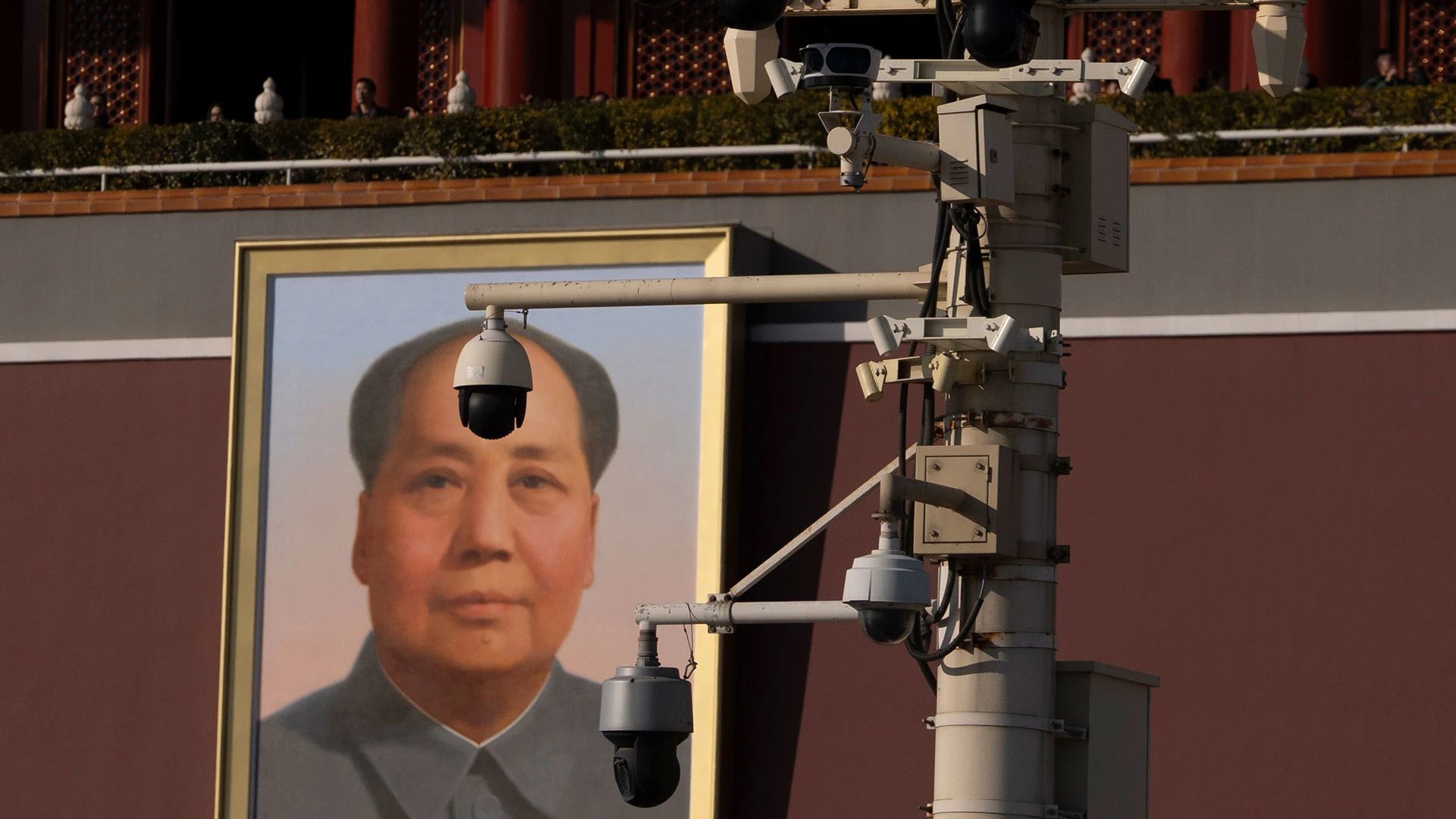
"The body camera hung from the top of the IV drip, recording the slightest twitch made by Yang Guoliang as he lay bloody and paralyzed in a hospital bed after a police beating with bricks.By then, surveillance was nothing new for the Yang family in rural China, snared in an intricate network based on U.S. technology that spies on them and predicts what they'll do."
"Their train tickets, hotel bookings, purchases, text messages and phone calls are forwarded to the government. Their house is ringed with more than a dozen cameras. They've tried to go to Beijing 20 times in the past few years, but masked men show up and grab them, often before they depart. And last year, Yang's wife and younger daughter were detained and now face trial for disrupting the work of the Chinese state - a crime carrying a sentence of up to a decade in prison."
""Every move in my own home is monitored," Yang said, sitting behind black curtains that block him from the glare of police lights trained straight at his house. "Their surveillance makes me feel unsafe all the time, everywhere." Across China, tens of thousands of people tagged as troublemakers like the Yangs are trapped in a digital cage, barred from leaving their province and sometimes even their homes by the world's largest digital surveillance apparatus."
U.S. technology firms sold and helped build surveillance systems used across China to monitor, predict and restrict citizens' movements. Families like the Yangs face constant monitoring through cameras, tracked travel, purchases and communications, and are subject to detentions and legal charges for resisting local authorities. Surveillance tools include body cameras, cameras around homes, data collection of tickets, bookings, calls and messages, and algorithms for prediction. The system bars tagged individuals from leaving provinces, confines them to homes, and supports local crackdowns on land disputes and other complaints, producing pervasive fear and enabling human rights abuses.
Read at Fast Company
Unable to calculate read time
Collection
[
|
...
]